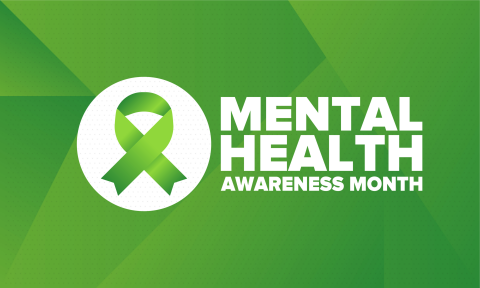
"With May being National Mental Awareness Month, I wanted to write a short post about mental health, depression in particular.
During the pandemic, the number of people experiencing anxiety or depression has jumped dramatically over the last year. Between August 2020 and February 2021 the percentage of adults that reported symptoms of anxiety and/or depression jumped to 41.5%. This is based on the Morbidity and Mortality Weekly Report (MMWR) prepared by the CDC, which shows the percentage was the highest in adults 18–29. However, every age had an increase in incidence from the previous year. This is not surprising given the uncertainty that COVID-19 created, followed by the economic pressures that many people faced due to the changes that businesses needed to make. Throw in the isolation that was created by social distancing and restrictions on gatherings, and you have the perfect mixture to bring out anxiety and depression. Certainly, outside circumstances can make how we feel much worse, but even those not impacted by the pandemic can have depression (or anxiety).
Thankfully, it is more widely known that both of these conditions are related to neurochemical imbalances rather than some weakness of character like some people believed in the past. It is important to know there are good treatments available today. Antidepressants have been around for several decades and there continue to be improvements in the medication and how best to use them in conjunction with counseling to relieve depression. There is even a genetic testing kit that can help guide treatment if medication is not working as expected.
So who is “depressed”? Honestly, you should set an appointment with your PCP, as they have short quizzes that help illuminate problems that can be discussed in detail during your appointment. General warning signs of depression include: eating more (or less) than you did in the past, sleeping more (or less) than you did in the past, little to no energy, decreased interest in activities or other people, feeling bad about yourself, or having difficulty concentrating. These are just a few symptoms that can be related to depression. If you, or someone you care about, are having these issues, maybe it is time to set an appointment for an evaluation. We are here to help at Premier and you can be seen in person or via telemedicine so give us a call or book an appointment online."

- Log in to post comments

